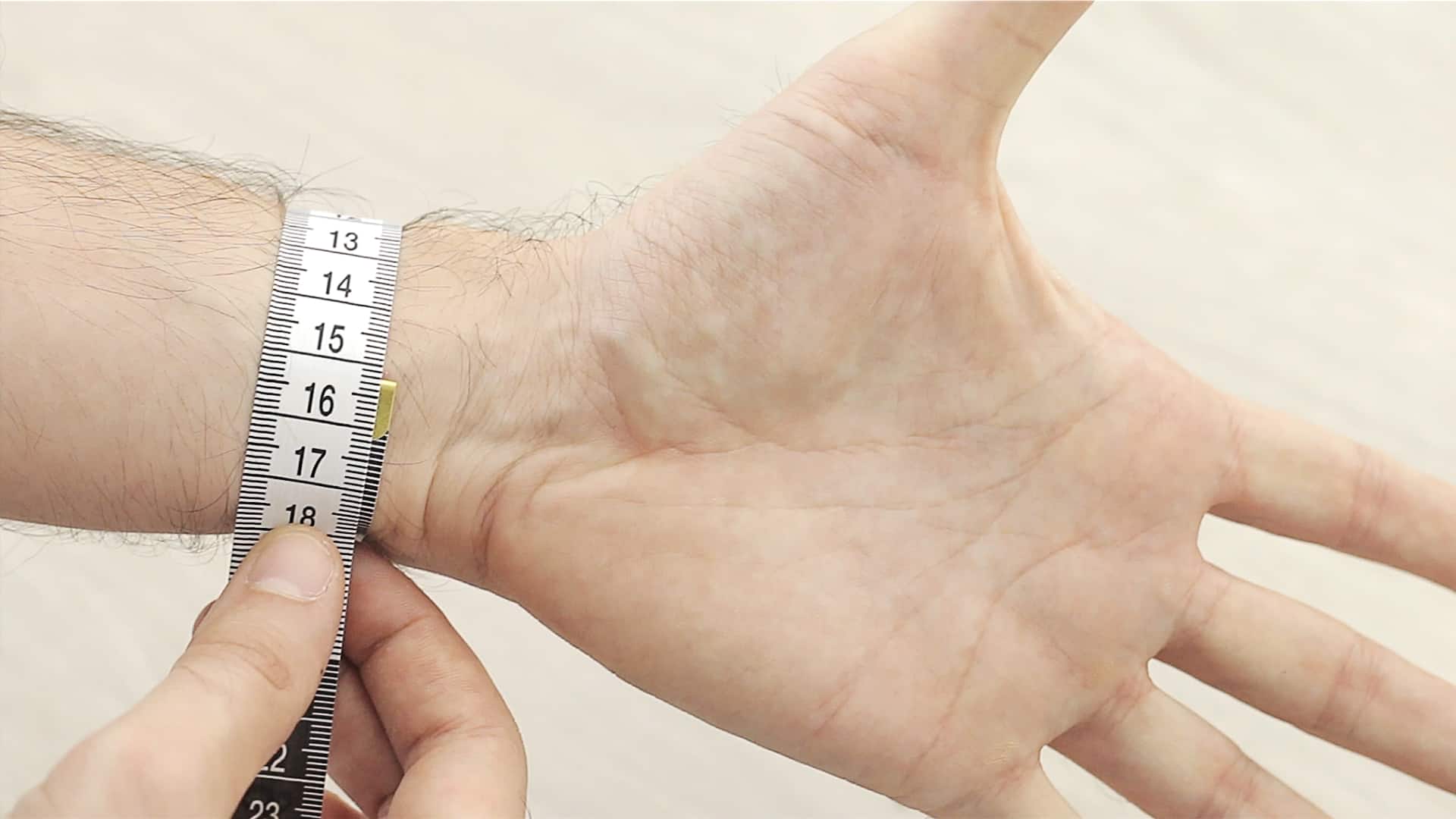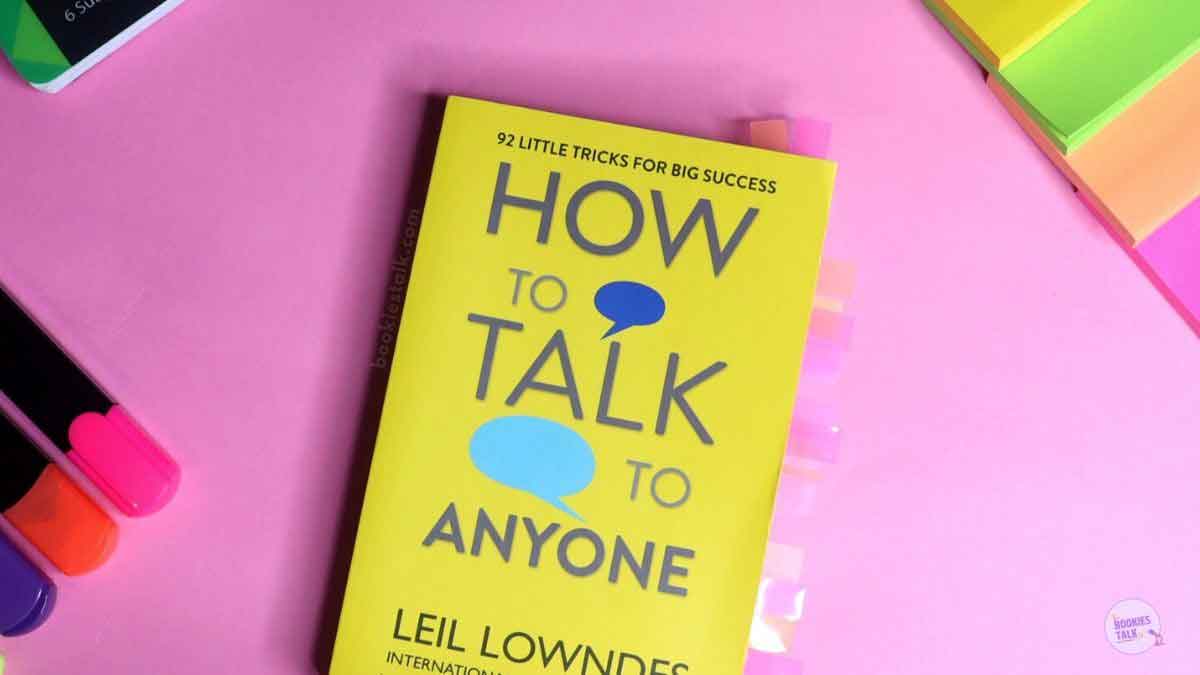Finding a trustworthy and reliable lawyer is crucial when you’re facing legal issues. Your attorney should always have your best interests at heart, but unfortunately, there are instances where lawyers might prioritize their own gain over your case. In this article, we will explore how to recognize the signs that your lawyer might be selling you out. We’ll provide insights, tips, and real-life scenarios to help you make an informed decision when assessing your legal representation.
Red Flags in Legal Representation
Your lawyer plays a pivotal role in safeguarding your legal rights. Here are some red flags that may indicate your lawyer is not acting in your best interests:
- Lack of Communication (or Delayed Responses)Effective communication is the cornerstone of a successful attorney-client relationship. If your lawyer consistently avoids your calls, emails, or messages, or if there are inordinate delays in their responses, it could be a sign of negligence. Your attorney should be proactive in keeping you updated about the progress of your case.
- Conflicts of InterestLawyers are ethically bound to avoid conflicts of interest, meaning they should not represent multiple clients with conflicting legal interests. If you suspect that your lawyer is representing someone with interests opposed to yours, it’s essential to address the issue immediately. This could lead to biased advice or compromised representation.
- Overbilling and Hidden FeesExcessive billing or unclear, hidden fees are red flags. If you notice discrepancies between the services provided and the charges on your invoice, it’s crucial to raise the issue with your lawyer. Transparent billing is a fundamental aspect of ethical legal practice.
- Inadequate Legal ResearchLawyers are expected to conduct thorough legal research to build a strong case. If you feel that your attorney is unprepared, lacks knowledge about the specific legal area of your case, or fails to present relevant arguments, it may indicate a lack of dedication to your case.
- Settling Without Your ConsentYour lawyer should seek your approval before making any significant decisions in your case, such as settling. If they push for settlements without your consent, it might be a sign that they are more interested in closing cases quickly, possibly for their financial gain.

Real-Life Scenarios
To better understand the signs of a lawyer selling you out, consider these real-life scenarios:
Scenario 1: The Disappearing Act
Imagine you’re in the midst of a complex divorce case. Your lawyer has been responsive and helpful initially, but suddenly, they start avoiding your calls and emails. You’re left in the dark, not knowing the status of your case. This is a classic example of a lawyer neglecting their responsibilities and failing to keep you informed.
Scenario 2: The Double Agent
Suppose you hire a lawyer to help you file a personal injury claim after a car accident. Later, you discover that the same lawyer is representing the insurance company of the other driver involved in the accident. This conflict of interest puts your case in jeopardy, as the lawyer’s loyalty is divided, and they might not be committed to securing your best outcome.
Scenario 3: The Billing Surprise
You hire a lawyer to handle a property dispute, and they assure you of their reasonable fees. However, as the case progresses, you receive invoices that are significantly higher than initially discussed. When you question the attorney, they offer vague explanations and refuse to provide a detailed breakdown of the charges. This scenario raises concerns about transparency and ethical billing practices.

Scenario 4: The Rush to Settle
In a medical malpractice case, your lawyer quickly pushes for a settlement with the defendant’s insurance company. They insist it’s the best course of action, even though you believe you deserve more compensation for the damages you’ve suffered. If your attorney is pressuring you to settle without considering your wishes or the full extent of your damages, it may indicate their eagerness to close cases rather than pursuing your best interests.
- What should I do if my lawyer stops communicating with me?If your lawyer is unresponsive, begin by documenting your attempts to reach them. Send a formal written request for communication and express your concerns. If the issue persists, consider seeking alternative legal representation and filing a complaint with the relevant state bar association.
- How can I check for conflicts of interest with my lawyer?You can ask your lawyer directly about any potential conflicts of interest. They are obligated to disclose such conflicts. Additionally, you can conduct your research by checking online resources and legal databases for any information that might reveal conflicts.
- What if I suspect my lawyer is overbilling me?If you suspect overbilling, request a detailed breakdown of the charges. Review your contract and agreement to ensure there are no hidden fees. If the issue remains unresolved, consider consulting another attorney or contacting your local bar association for guidance.
- Is it common for lawyers to pressure clients into settling cases?It is not common for ethical lawyers to pressure clients into settlements. Lawyers should respect their clients’ decisions and provide sound legal advice without compromising their clients’ best interests. If you believe you are being coerced into a settlement, seek a second opinion from another attorney.
Conclusion
Hiring a lawyer is a significant step when dealing with legal matters. However, it’s crucial to stay vigilant and recognize the signs of a lawyer who may be selling you out. Lack of communication, conflicts of interest, overbilling, inadequate legal research, and pushing for settlements without your consent are all red flags that should not be ignored. By understanding these warning signs and taking appropriate action when necessary, you can protect your legal rights and ensure that your lawyer is truly working in your best interests.













